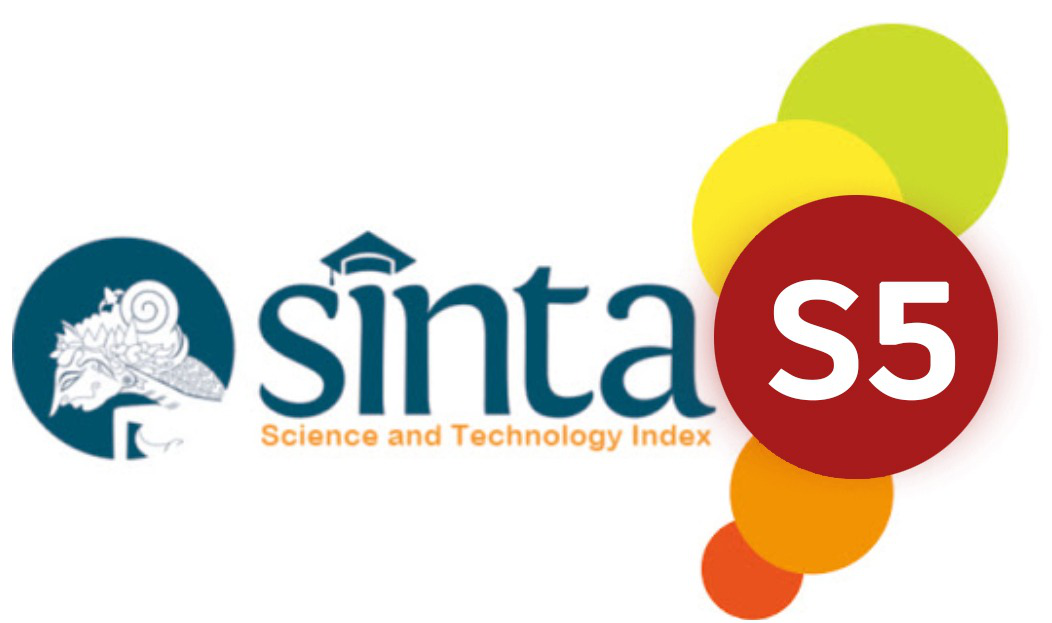Redefining inclusivity: A cultural studies perspective through systematic literature review
Abstract
This research focuses on the wide-ranging notion of inclusivity looking at cultural studies and highlights the non-Western contexts like Indonesia. Following PRISMA protocols, a systematic literature review was carried out on 45 selected articles published between the years of 2015 and 2025. The findings show that there are three primary themes: culture representation, power relations, and local traditions. It can also be remarked that the western notion of inclusivity seems inadequate when placed in collectivist contexts. ‘Gotong royong’ as an example of Indonesian inclusivity models reflects traditional local customs. Furthermore, decolonial and intersectional frameworks illuminate the enduring socio-historical inequalities that are shaped through identity-based hierarchies within practices of inclusion. This research articulates the need to develop a culturally specific framework of inclusivity which regards inclusivity as multiscopic; rooted in local contexts while applicable worldwide. It seeks to contribute to scholarship and guide policy for more inclusive governance towards social justice.
Keywords
References
Ainscow, M. (2020). Promoting inclusion and equity in education: lessons from international experiences. Nordic Journal of Studies in Educational Policy, 6(1), 7–16.
Banks, J. A. (2015). Cultural diversity and education: Foundations, curriculum, and teaching. Routledge.
Bell, L. A. (2016). Theoretical foundations for social justice education. In Teaching for diversity and social justice (pp. 3–26). Routledge.
Bhabha, H. K. (2012). The location of culture. routledge.
Bhuiyan, M. H. M., Varvello, M., Staicu, C.-A., & Zaki, Y. (2025). Non-Western Perspectives on Web Inclusivity: A Study of Accessibility Practices in the Global South. ArXiv Preprint ArXiv:2501.16601.
Boateng, J. K., Golo, H. K., Ibrahim, S., & Erinosho, B. T. (2024). Reconciling conflicts between cultural beliefs, and human rights standards in coastal communities of Ghana: preserving cultural rights and promoting sustainable fishing practices. Cogent Social Sciences, 10(1), 2340427.
Collins, P. H., & Bilge, S. (2020). Intersectionality. John Wiley & Sons.
Davis, L. J. (2016). The disability studies reader. Routledge.
Edensor, T. (2020). National identity, popular culture and everyday life. Routledge.
Gough, D., Thomas, J., & Oliver, S. (2017). An introduction to systematic reviews.
Hayes, S. (2021). Postdigital Positionality: developing powerful inclusive narratives for learning, teaching, research and policy in Higher Education. Brill.
Hutabarat, F. (2023). Navigating diversity: Exploring religious pluralism and social harmony in Indonesian society. European Journal of Theology and Philosophy, 3(6), 6–13.
Jobe, R. L., McCune, N. M., & Lynn, L. K. (2022). A framework to measure inclusion. Advancing DEI and Creating Inclusive Environments in the Online Space, 153–165.
Kidd, M. A. (2016). Archetypes, stereotypes and media representation in a multi-cultural society. Procedia-Social and Behavioral Sciences, 236, 25–28.
Kuipers, G. (2019). Cultural narratives and their social supports, or: sociology as a team sport. The British Journal of Sociology, 70(3), 708.
Lien, V. (2025). Decolonising Special Educational Needs and Disabilities (SEND): A Systems Theoretical Framework for Global Inclusivity. Systems Research and Behavioral Science, 42(2), 517–530.
Long, H. A., French, D. P., & Brooks, J. M. (2020). Optimising the value of the critical appraisal skills programme (CASP) tool for quality appraisal in qualitative evidence synthesis. Research Methods in Medicine & Health Sciences, 1(1), 31–42.
Magnússon, G., Göransson, K., & Lindqvist, G. (2019). Contextualizing inclusive education in educational policy: the case of Sweden. Nordic Journal of Studies in Educational Policy, 5(2), 67–77.
Murti, D. C. W. (2024). Creative Inclusivity: The Narrative of Diversity in Tourism Media Promotion. The Sage Handbook of Promotional Culture and Society, 106.
Page, M. J., McKenzie, J. E., Bossuyt, P. M., Boutron, I., Hoffmann, T. C., Mulrow, C. D., Shamseer, L., Tetzlaff, J. M., Akl, E. A., & Brennan, S. E. (2021). The PRISMA 2020 statement: an updated guideline for reporting systematic reviews. Bmj, 372.
Polishchuk, L., Hubernator, O., Pylypiv, V. P. V., Shvets, I., & Kabanets, O. (2024). Research methods in cultural studies. Salud, Ciencia y Tecnología-Serie de Conferencias, 3, 712.
Saxena, G., & Singh, K. (2023). Promoting Inclusive Well-Being Research. In Religious and Spiritual Practices in India: A Positive Psychological Perspective (pp. 301–316). Springer.
Smith, D. G. (2024). Diversity’s promise for higher education: Making it work. Jhu Press.
Snyder, H. (2019). Literature review as a research methodology: An overview and guidelines. Journal of Business Research, 104, 333–339.
Stern, C., Lizarondo, L., Carrier, J., Godfrey, C., Rieger, K., Salmond, S., Apostolo, J., Kirkpatrick, P., & Loveday, H. (2020). Methodological guidance for the conduct of mixed methods systematic reviews. JBI Evidence Synthesis, 18(10), 2108–2118.
Sunarimahingsih, Y. T., Dew, Y. T. N., Pancasiwi, H. H., & Hartomo, O. D. (2018). Enculturation of Ambon’s Public Spaces as a Tool of Building Inclusivity of Segregated Communities. European Journal of Social Science Education and Research, 5(2), 114–124.
Vrabel, M. (2015). Preferred reporting items for systematic reviews and meta-analyses. Number 5/September 2015, 42(5), 552–554.
Wahyuni, S., Junaidi, J., & Mustangin, M. (2018). Integration of gotong royong indonesian culture in assessing students’ social attitudes. 2nd Workshop on Language, Literature and Society for Education.
Xian, Z. (2023). Cultural representation and cultural studies. Routledge.
Xiao, Y., & Watson, M. (2019). Guidance on conducting a systematic literature review. Journal of Planning Education and Research, 39(1), 93–112.
Zembylas, M. (2023). A decolonial critique of ‘diversity’: Theoretical and methodological implications for meta-intercultural education. Intercultural Education, 34(2), 118–133.
DOI: 10.33751/albion.v7i1.11977
Refbacks
- There are currently no refbacks.
Copyright (c) 2025 Journal Albion : Journal of English Literature, Language, and Culture







